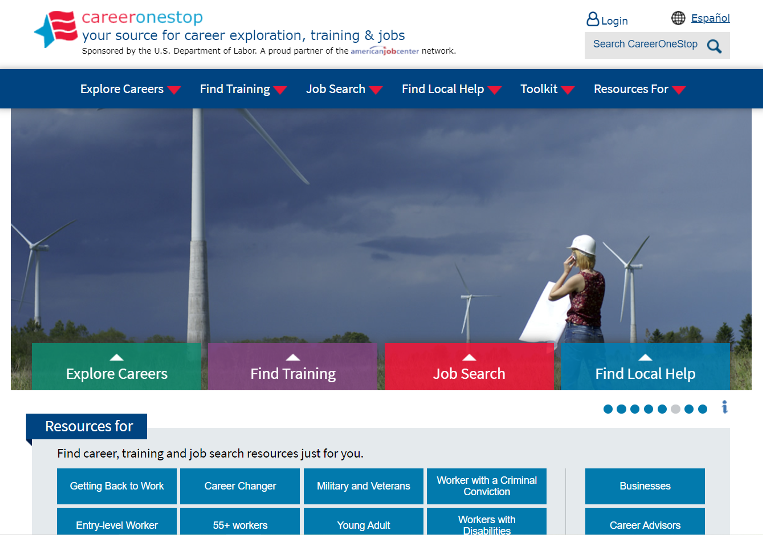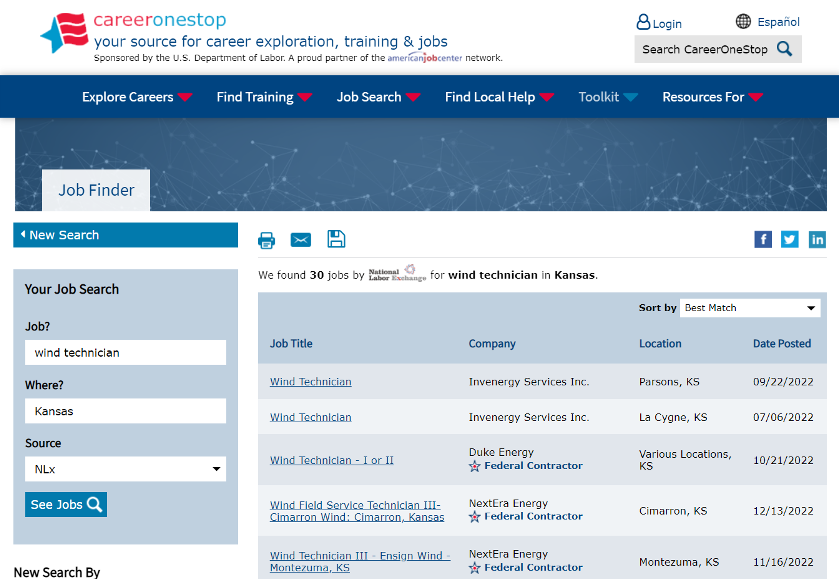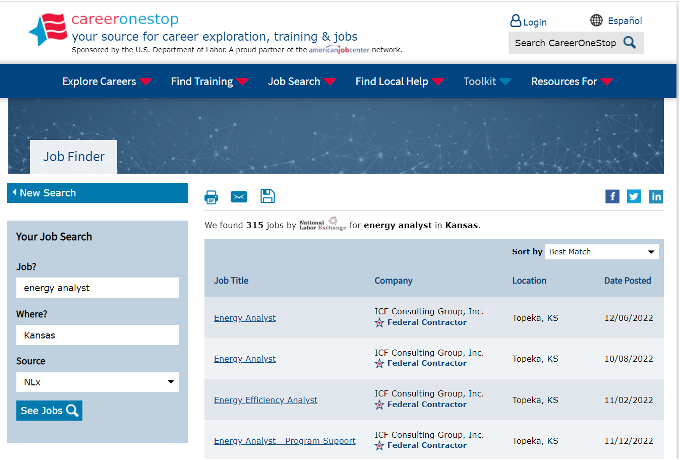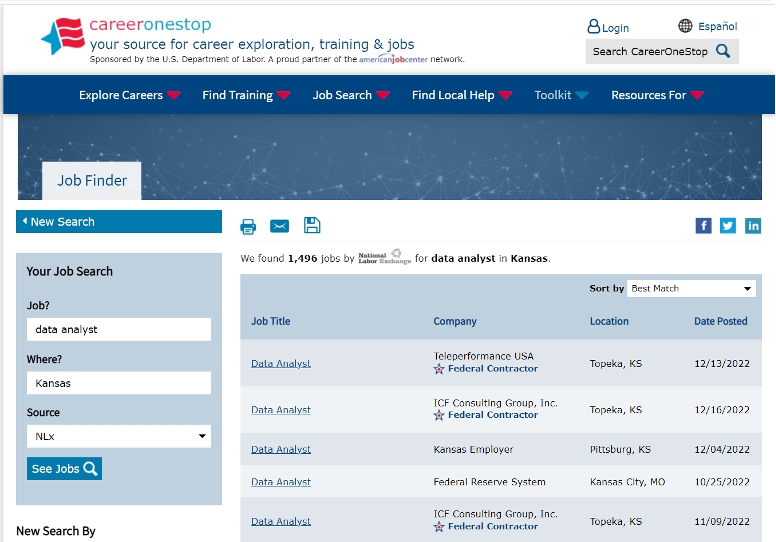Introduce Your Students to Data Analytics

Data. It’s collected everywhere by seemingly everyone. With rapidly advancing technology and the ability to store large amounts of data affordably in the cloud, never before has there been so much information available to help us make decisions. But that’s also the challenge. Who is available with the fundamental training to analyze all of this data and tell the stories to help make data-driven decisions? Given all of these rapid advancements, it is easy to see why data science, communication and creativity are at the top of the list of most-needed skills for workers entering all industries.
When people think of careers that require analytical skills, they often think of the ones most directly connected to analytics – data scientists, data analysts and data engineers. While these may be the most obvious options, they’re far from the only careers where analytical skills are needed. Careers in agriculture? Absolutely! Healthcare? Yes, crucial there. Business? Yes, you guessed it. Welding? Definitely, welders can benefit from access to data, too. All newer welding machines have analytical tools built in to collect data to help make informed decisions. This is an example of how data analytics is being used in virtually every industry today.
Let’s take a closer look at the demand for data skills in just one industry: energy. Highlighting the need for analytical skills in companies of all sizes in communities all across Kansas, consider these job openings as posted in late 2022 at CareerOneStop.org.




The first certification in the series, “Harnessing the Power of Data,” takes high school students through the history of data analytics and introduces students to Tableau Public, a powerful free software program that is widely used across all industries. (There is also a professional version.) Highlighting the need for these analytical and critical thinking skills in the workplace, this pilot program was made possible thanks to sponsorships from Emprise Bank and Koch Industries. Through this certification, students receive five to six hours of classroom instruction, then complete a project using a data set of their choice. Because it only takes approximately 10 hours to complete, it can be integrated into other courses (this EdWeek article suggests adding integrating into math classes). The next step, and perhaps the most important, is when students gain communication experience by presenting their findings in their dashboard.
The second certification in this series, “Energy Optimization & Sustainability Using Data Analytics,” takes a detailed look at energy in our daily lives and gives students more experience in using Tableau. Applying up-to-date information about energy sources and usage — including domestic and international production and consumption — this 10-hour certification builds on the training that students received in the first certification as they take a deeper dive into one of today’s most relevant, energy-related topics.
If you are unfamiliar with the NC3 resources or want to learn more about using them in your district, feel free to reach out to me at [email protected].
Regardless of a student’s chosen career path, gaining more analytical and critical thinking skills, combined with an understanding of where our energy comes from, can really be beneficial for all students. The ability to make data-driven decisions is a skill that can always be useful, in any workplace, and has value in our homes and communities of all sizes across Kansas.




